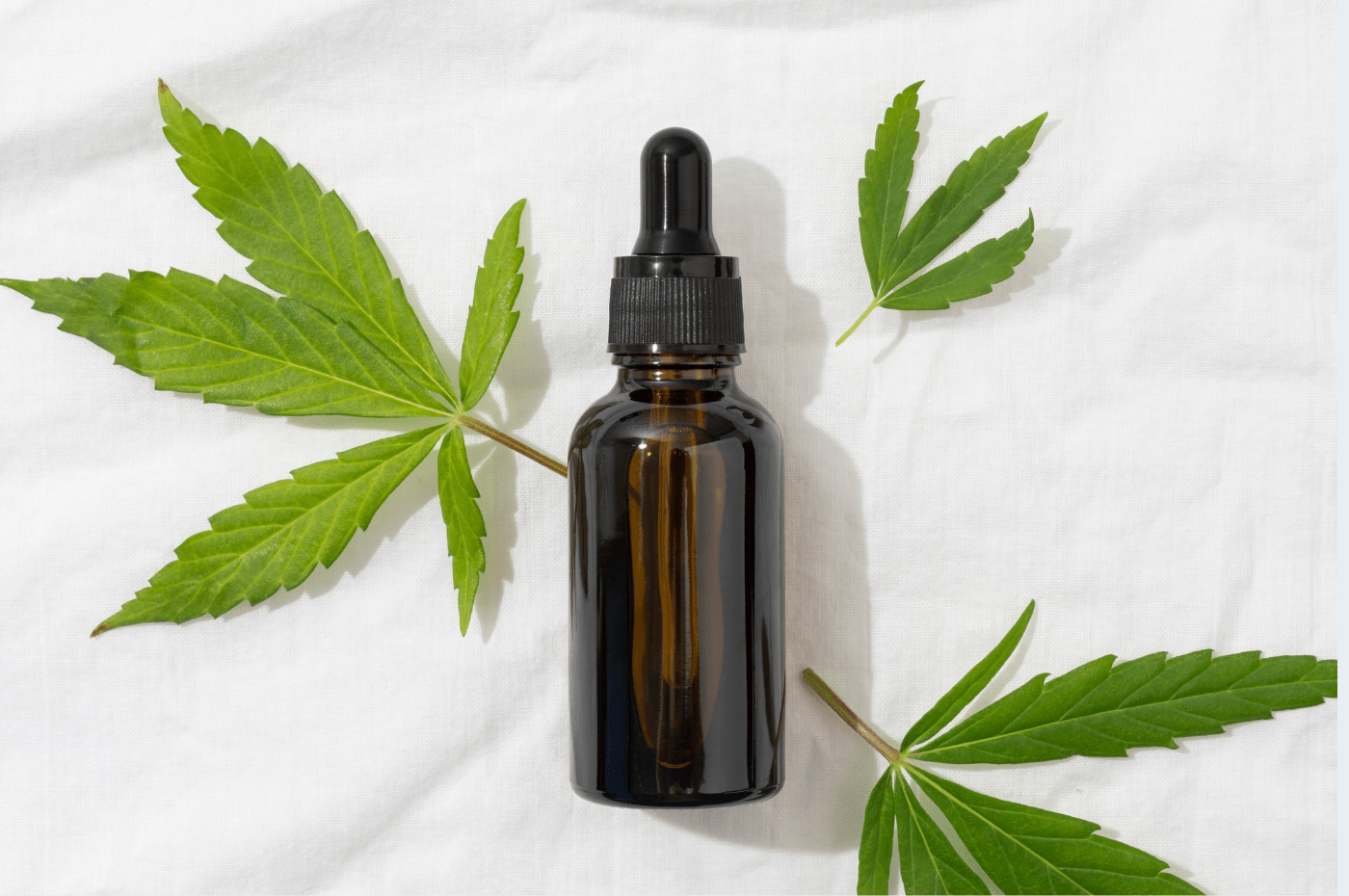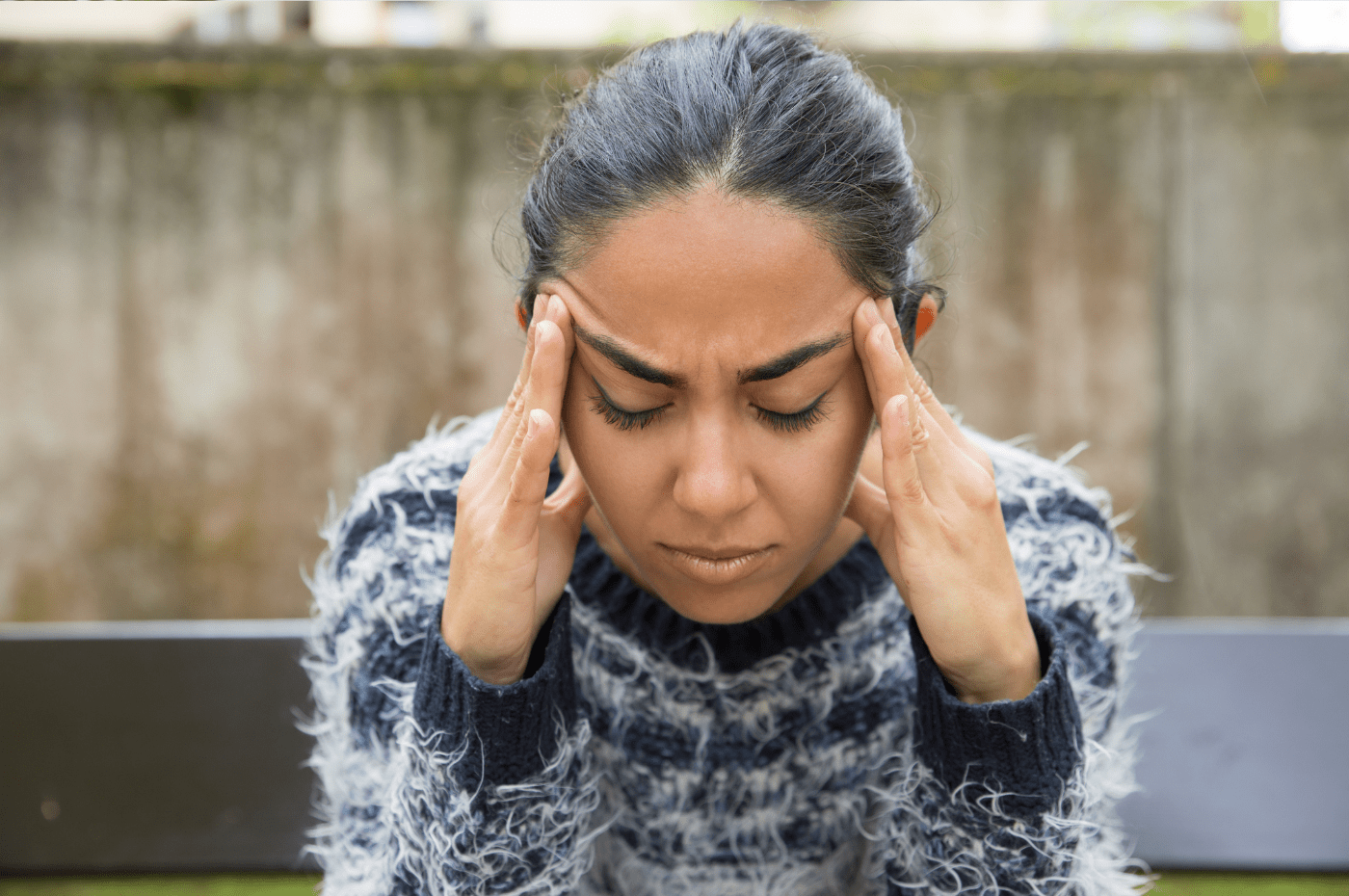This degeneration can lead to chronic pain and various neurological symptoms, significantly impacting a person's quality of life. As the discs lose hydration and structural integrity, individuals may experience pain that varies in intensity and can be aggravated by movement, leading to challenges in daily activities. Although there is no cure for DDD, effective management strategies, including conventional treatments and emerging options like medical cannabis, can help alleviate symptoms and improve overall well-being.
What Is Degenerative Disc Disease?
Degenerative disc disease (DDD) is a condition characterized by the degeneration of the spinal discs, which can lead to significant pain and discomfort. This degeneration is a natural part of aging, but it can progress to a more severe state in some individuals, resulting in chronic pain that can vary from nagging discomfort to disabling symptoms. Understanding the effects of degenerative disc disease is crucial for those who may be affected by it.
How Can Degenerative Disc Disease Affect Your Life?
Spinal discs function as shock absorbers between the bones of the spine, allowing for flexibility while absorbing impacts from daily activities. Several factors can contribute to the development of degenerative disc disease, including:
- Natural Aging: As people age, spinal discs may lose hydration, leading to reduced flexibility and absorption capacity.
- Persistent Wear and Tear: Long-term physical activities, sports, or occupations that place repetitive stress on the spine can accelerate disc degeneration.
- Injuries: Acute injuries may cause soreness, swelling, and instability, which can exacerbate disc damage.
Once a disc is injured, it cannot heal itself, which often leads to a progressive cycle of degeneration over 20 to 30 years. Symptoms of degenerative disc disease may include:
- Chronic Pain: Pain is often exacerbated when sitting, as this position increases the load on the lower back.
- Significant Pain During Movement: Activities such as bending, twisting, or lifting can trigger substantial discomfort.
- Severe Pain: This may manifest in various areas, including the neck, lower back, buttocks, or thighs, depending on the affected disc's location.
- Neurological Symptoms: Tingling, numbness in the extremities, or weakness in the leg muscles may occur due to nerve compression.
Conventional treatment options for degenerative disc disease can include surgical interventions, such as artificial disc replacement, as well as non-operative treatments like back braces and pain management using opioids.
How Can THC be Beneficial for Degenerative Disc Disease
A significant body of research supports the use of medical cannabis, particularly THC and CBD, for managing chronic pain associated with degenerative disc disease. Here are some ways THC can help:
1. Pain Signaling Modulation: THC interacts with cannabinoid receptors in the brain and spinal cord, helping to modulate pain signalling and provide relief from chronic pain.
2. Reduction of Inflammation: THC may help reduce inflammation associated with disc injuries, potentially alleviating pain and discomfort.
3. Muscle Tension Relief: THC can promote muscle relaxation, which may help reduce spasms and stiffness in the back muscles often accompanying disc degeneration.
4. Improved Sleep Quality: Chronic pain can lead to sleep disturbances; THC may improve sleep quality, allowing for better recovery and overall well-being.
5. Anxiety and Depression Relief: Chronic pain can often lead to mental health issues like anxiety and depression. THC can help enhance mood and promote a sense of well-being.
6. Protecting Nerve Health: THC may have neuroprotective properties, which can help protect the nerves from damage due to chronic pain and inflammation.
7. Increased Appetite: For patients experiencing a loss of appetite due to chronic pain, THC is known to stimulate appetite, aiding in better nutrition and health maintenance.
8. Alternative to Opioids: THC offers a safer alternative for managing pain without the risk of addiction associated with many prescription opioids.
9. Customizable Dosing: Medical cannabis allows for individualized dosing, enabling patients to find the optimal amount that alleviates pain and other symptoms without excessive side effects.
10. Chronic Condition Management: THC may be part of a long-term pain management strategy for degenerative disc disease, helping to improve patients' quality of life over time.





Leave a comment
This site is protected by hCaptcha and the hCaptcha Privacy Policy and Terms of Service apply.